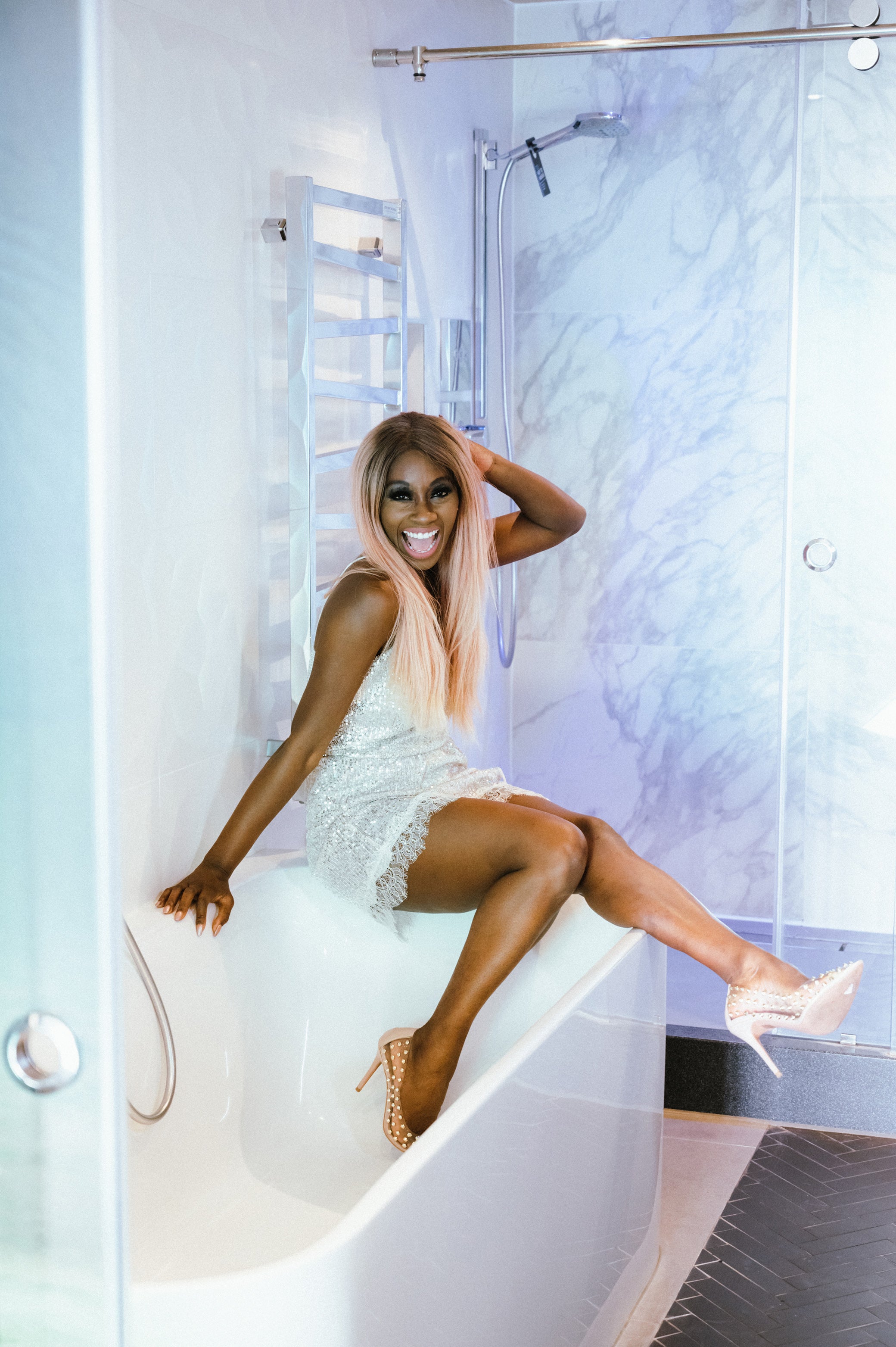
Fixed mindsets are closed to growth
By Ife Thomas
Recently, I found myself deep in a highly charged discussion with my sister-in-law about gender identity and competitive fairness in sports.
The topic was complex: “Do you believe someone who was born a man can become a woman and compete in women’s events at the Olympics?”
Initially, my views were mixed, but by the end of our conversation, they had solidified—significantly altered by the dialogue.
This experience got me thinking about the broader implications of our discussions about groups we don’t belong to.
We often hold firm opinions on such matters—views shaped without direct experience or deep understanding.
Yet, what I’ve learned through years of interviewing, coaching, and interacting with a diverse range of individuals is this: our opinions are just that…..opinions.
They are not immovable truths.
Being fixed in our beliefs seals off the possibility of growth, connection, and understanding.
It creates a barrier to learning about those who walk different paths or lead lives we can’t directly relate to. And in this rigidity, many feel marginalized, overlooked, and disrespected.
So, I pose a challenge to all of us: Can we let go of our fixed opinions?
Can we approach our interactions with openness, ready to listen, learn, and adapt our perspectives?
It’s challenging to accept that often, we don’t know what we don’t know.
Confronting this isn’t easy, but that doesn’t mean we should surrender to frustration.
Instead, let’s remain open, ready to truly listen and engage with the diverse perspectives around us.
What beliefs do you hold with such conviction that they seem unchangeable?
Which of your views are so fixed that considering an alternative seems impossible?
Reflecting on these questions isn’t just an exercise; it’s a conversation about growth.
It’s a call to each of us to become more inclusive, more empathetic, and more connected to the diverse world around us.
The topic was complex: “Do you believe someone who was born a man can become a woman and compete in women’s events at the Olympics?”
Initially, my views were mixed, but by the end of our conversation, they had solidified—significantly altered by the dialogue.
This experience got me thinking about the broader implications of our discussions about groups we don’t belong to.
We often hold firm opinions on such matters—views shaped without direct experience or deep understanding.
Yet, what I’ve learned through years of interviewing, coaching, and interacting with a diverse range of individuals is this: our opinions are just that…..opinions.
They are not immovable truths.
Being fixed in our beliefs seals off the possibility of growth, connection, and understanding.
It creates a barrier to learning about those who walk different paths or lead lives we can’t directly relate to. And in this rigidity, many feel marginalized, overlooked, and disrespected.
So, I pose a challenge to all of us: Can we let go of our fixed opinions?
Can we approach our interactions with openness, ready to listen, learn, and adapt our perspectives?
It’s challenging to accept that often, we don’t know what we don’t know.
Confronting this isn’t easy, but that doesn’t mean we should surrender to frustration.
Instead, let’s remain open, ready to truly listen and engage with the diverse perspectives around us.
What beliefs do you hold with such conviction that they seem unchangeable?
Which of your views are so fixed that considering an alternative seems impossible?
Reflecting on these questions isn’t just an exercise; it’s a conversation about growth.
It’s a call to each of us to become more inclusive, more empathetic, and more connected to the diverse world around us.
